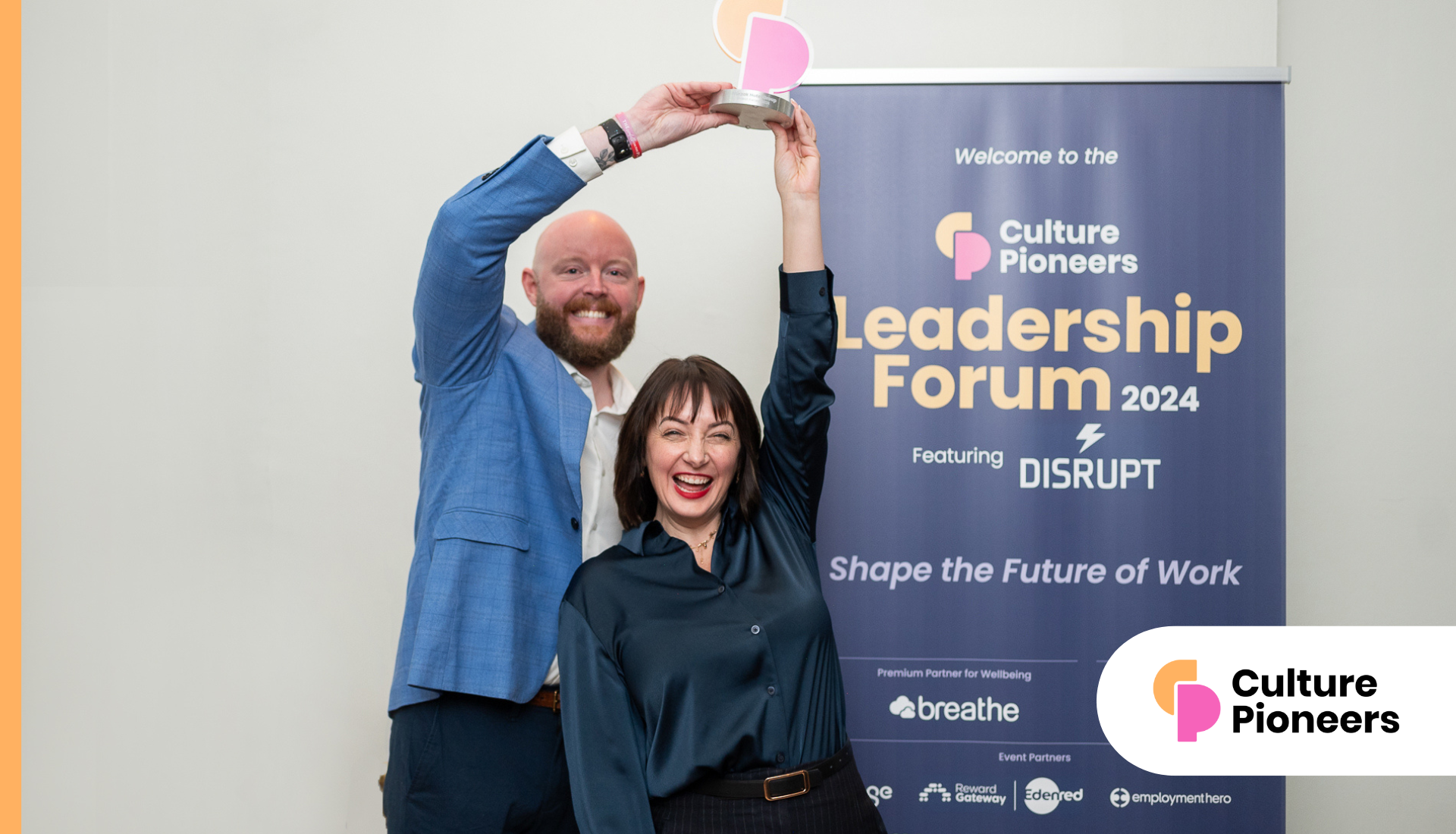Another year, another football season underway. Cue the well-polished parallels between business and sport. The majority of examples are perfectly valid – from the importance of recruitment to the psychological underpinnings of a winning team. But there is one lesson that HR can’t afford to miss.
Sports’ relationship with analytics is more advanced than ever before. Across the board, it is an accepted part of the performance management package. From cryotherapy to saliva testing, every inch of training and performance is now accompanied with technology and actionable data insights with a view to achieving a winning edge. The Times recently reported on how a new computer programme is also revolutionising player recruitment. Sport’s scepticism towards analytics-based performance management has rapidly evolved into widespread adoption.
In the business world, uptake hasn’t been as quick. Research by Bersin recently showed just 14% of companies are using advanced or predictive talent analytics. HR is missing a trick. Obtaining accurate, accountable and actionable performance insights will have a bottom line impact. This will sort the winners from the losers. Our own research found that HR leaders are aware of the potential technology holds, but a steep technological learning curve lies in store.
Talent migration, skills gaps and the ‘war for talent’ lead the way in a confluence of new challenges emerging for the HR function. Employees’ demanding expectations of workplace technology and the increasingly intergenerational nature of the workforce aren’t far behind. Technology alone may not be the silver bullet, but combined with a robust strategy aligned to business objectives it has huge potential. Having a system that serves the full ‘talent management’ spectrum could soon be a prerequisite. The real competitive advantage will lie in using it to drive the HR department from an administrative function to a hub for innovation and change – both in action and in perception.
The importance of businesses getting this right cannot be overstated. Tomorrow’s leaders depend on today’s talent management strategies. What businesses need now is a catalyst for that change and an example to follow – who will provide HR’s ‘Moneyball’ moment?
Iain Moffat, Director, MidlandHR




